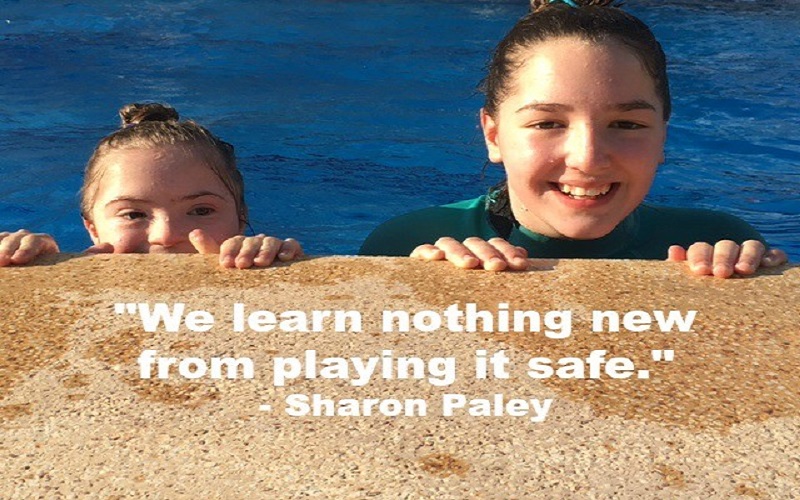For me, Summer is all about finding ways to have fun with family, entertain the children and prevent them from squabbling/hurting themselves, whilst keeping my stress levels in check and my negotiation skills sharp.
I haven’t been 100% successful on all counts the past few weeks and much (medicinal) chocolate has been consumed.
It is so easy to focus solely on the constant tale-telling or the broken iPad, the lost teddy or constant meltdowns.
We become frustrated with the changeable weather, the cost of ice-cream, the juggling of responsibilities.
But when you step back and think, what changes can you identify in your child after the long break from formal education?
How have they developed over the Summer and has that benefited you too?
Maybe if they’re starting or changing school, there will be a tangible difference in their attitude, a kind of growing into the next phase as new uniform is proudly tried on, and you work on transition books or One Page Profiles in readiness.
Perhaps you have consciously worked on a new skill, such as toileting or another developmental milestone like swimming or learning to ride a bike.
That takes energy and effort of gargantuan proportions whatever the outcome.
But for Natty and Mia, the changes were more unexpected and subtle. As ever, we were all surprised by how much they have grown.
The hand-drawn chart on the kitchen wall pays graphic testament to the power of fresh air and exercise.
But more than that they have pushed their comfort zones. And mine.
Joining kids clubs where the young enthusiastic leaders seemed more like (highly trained) older siblings than adults in charge, they were treated to activities that they previously said they didn’t want to try.
To be brutally honest, activities that left me pacing with nerves until they were over: windsurfing, surfing, horse-riding, kayaking, coasteering and even scuba diving!
“We learning nothing new
from playing it safe. “
Sharon Paley
Now I distinctly remember signing a scuba permission form, and it handing over muttering the words, “See how Natty goes but I’m not keen on her doing it, what if she forgets to breath under water.”
And right there I was setting limits on my child who has Down’s syndrome.
The condition was first and foremost in my mind, despite all my campaigning to stop others committing the same offence.
I was not thinking of the inquisitive, confident child, keen to try something different along with all her new friends. The small calculated risk was overwhelming me.
And little had I realised that Mia needs encouragement and confidence to try daunting new activities as well. Being neuro-typical and physically athletic, it’s easy to forget that she too needs support.
They did it.
There was squealing and happy faces and they both stood a little straighter afterwards, so proud of themselves.
And they gained a little twinkle in their eyes and we celebrated that, rang grandma to tell her, pinned photos to the fridge, wrote about it in our journals.
And I, in turn, learnt to trust others a little more and let go of the girls, let them soar.
And it needn’t have been exciting physical activities, it could have been allowing your child to get covered in mud, or splashed by the sea, or letting them make choices about clothing or food you might not have envisaged.
Sadly, evidence suggests that people with disabilities often have the elements of risk and choice removed from their lives.
So do something new that makes you all grow as a family.
As Learning Disability expert Sharon Paley says, “We learn nothing new from playing it safe.”
That, dear reader is my definition of experiential learning.
